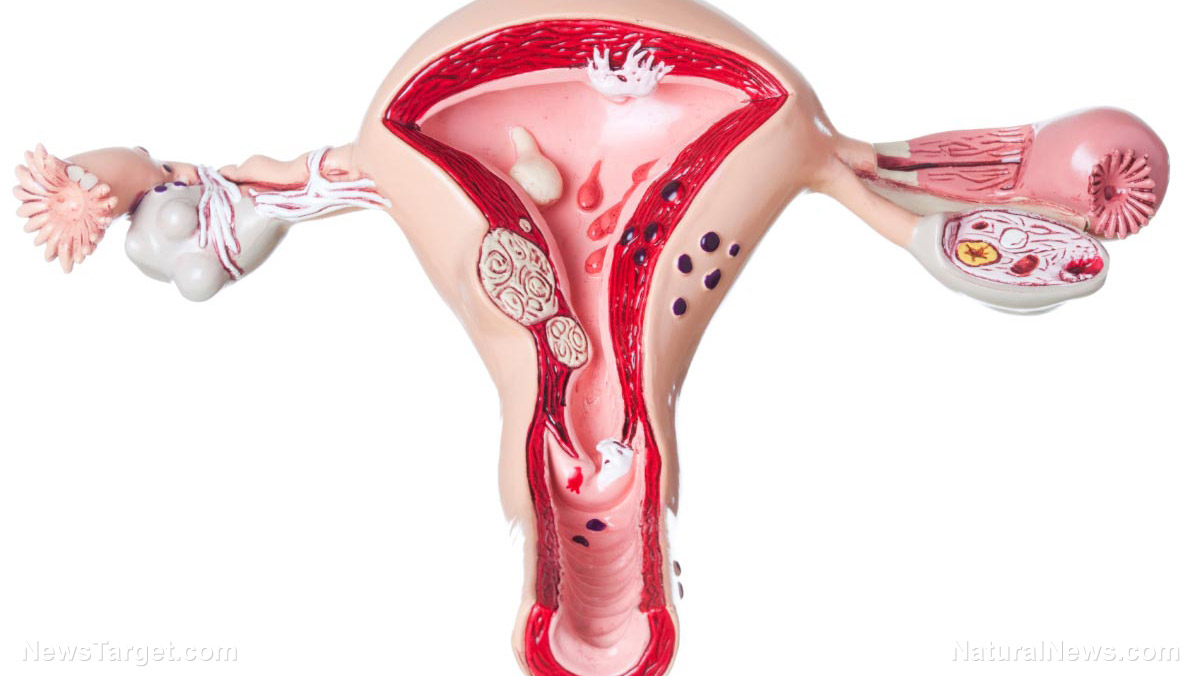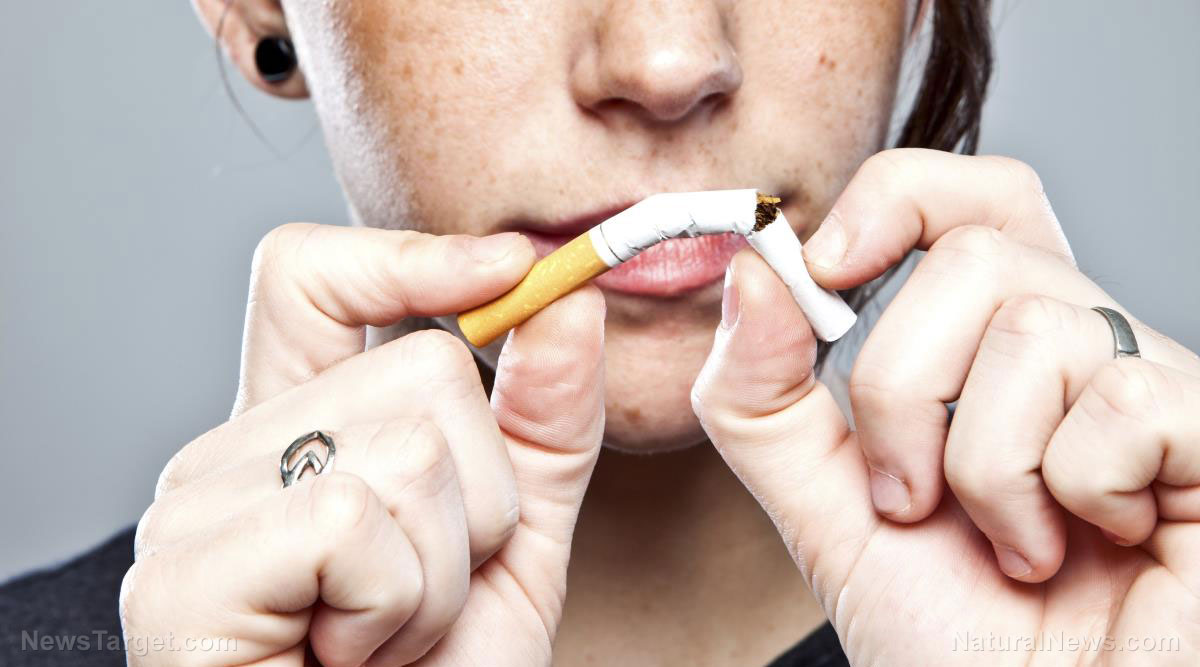Women with rheumatoid arthritis suffer faster physical decline after menopause, new study says
11/21/2018 / By Michelle Simmons

Menopause brings many changes to a woman’s body. For women with rheumatoid arthritis, however, this means a sharper decline in physical function, according to a study in the journal Rheumatology.
Rheumatoid arthritis is a chronic inflammatory disorder that is not limited to the joints. It also affects various body systems, including the skin, eyes, lungs, heart, and blood vessels — ultimately affecting the quality of life of its sufferers. The condition is also an autoimmune disorder that develops when the immune system mistakenly fights the body’s tissues. Moreover, it affects women at a rate three times greater than men, and also have more severe decline and increased disability. Past studies have also found that women with the disease suffer from changes in their disease surrounding reproductive and hormonal life events. (Related: Rheumatoid Arthritis in Women Skyrockets 50 Percent in Ten Years)
Scientists from Oxford University carried out an observational study to analyze the association of menopause with the functional status of women with rheumatoid arthritis. The group utilized the data of 8,189 women who developed rheumatoid arthritis before menopause.
The results of the study revealed that women who have rheumatoid arthritis but did not yet have their menopause had a lesser functional decline in comparison with those who already had it, even after adjustments for other significant factors were made. This suggests that women experienced a slower physical decline in comparison to those with rheumatoid arthritis after menopause.
The authors believe that menopause has a great impact on the level and rate of functional decline in women with rheumatoid arthritis. Also, menopause is linked to a worsening progression of the effects of rheumatoid arthritis.
In conclusion, the findings of the study indicate that menopause largely affects the level and rate of functional decline in women with rheumatoid arthritis. Furthermore, menopause is also linked to the worsening progression of the effects of the disease.
“Not only is this decline causing suffering for women, [but] it is costly to both individuals and the healthcare system as a whole,” said Elizabeth Mollard, the lead author of the study.
More on menopause
Menopause marks the end of the menstrual cycle for women. It is diagnosed after a year without a menstrual period. Typically, it occurs when women reach their 40s or 50s. It is a natural biological process, it has a lot of symptoms that menopausal women may experience. These include irregular periods, vaginal dryness, hot flashes, chills, night sweats, sleep problems, mood swings, weight gain and slowed metabolism, thinning hair and dry skin, and loss of breast fullness. These physical and emotional symptoms may affect sleep quality, decrease energy, or affect the emotional health of women. But a healthy lifestyle can lessen the effects of menopause, according to an article from the charity group Women’s Health Concern.
Here are some ways to manage menopause.
- Follow a healthy diet – A healthy diet is important during the menopausal stage because the decline in estrogen levels accompanied by menopause can increase the risk of heart disease and osteoporosis. Your diet should be low in saturated fat and salt and packed with calcium and vitamin D.
- Stay active – Regular exercise can help convert stress into positive energy as well as prevent heart disease.
- Refrain from smoking – Smoking has been found to cause earlier menopause and prompt hot flushes.
- Limit alcohol intake – Excessive alcohol consumption together with hormonal imbalance may be harmful because alcohol increases flushes and is linked to an increased risk of breast cancer.
- Relax and be positive – Since hormonal imbalance during menopause can lead to stress and even depression, it is important to find a way to relax.
If you’d like to read more news stories and studies on women’s health, please go to WomensHealth.news.
Sources include:
Tagged Under: fitness, Menopause, physical health, rheumatoid arthritis, slender, women's health

















